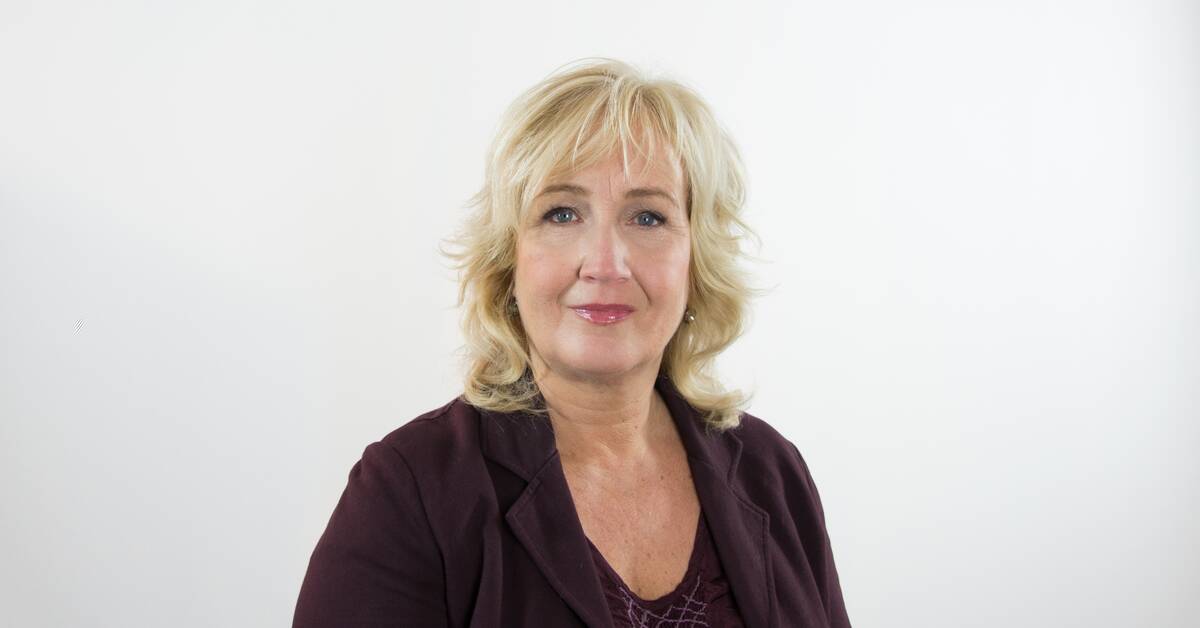It is a war that harvests many kinds of victims.
Global trust and cooperation in the UN are shattered after Russia, a member of the Security Council, did the unthinkable.
Arctic Council work has been halted due to Russia.
The G20 summit this summer will not make climate decisions due to Russia.
Many international bodies are currently discussing the exclusion of Russia.
And while the security crisis is being handled by an increasingly powerful NATO, the climate crisis is being handled by an increasingly impotent UN.
All living life is at stake
At the same time, the heating of the planet continues.
In a strong scene in the documentary "50 degrees in the shade" (on SVT Play right now), a shepherd in Mauritania shows how he feeds his goats with torn pieces of cardboard.
"At first they refused to eat, but now they know it's the only way not to starve," he explains to heartbreaking images of goats chewing paper.
Several years of permanent drought have turned fertile agricultural landscapes into deserts.
A famine is raging in the Horn of Africa and drought, draining wells and weeds are forcing people to become climate refugees.
There is a great risk that we will move towards 3.2 degree warming unless the fossil power plants are scrapped in the near future, according to the IPCC's "Limiting climate change".
All living life is at stake now.
This was stated by the IPCC report from Working Group II in February, which was completely overshadowed by the outbreak of war.
34,000 scientific studies together described how the world is affected by more and more intense heat waves, fires, storms, warmer seas, dying coral reefs and thawing permafrost.
It was stated how it is already too late in several ways and that the measures we can take to stop and avoid the worst must take place in a rapidly shrinking time window of a maximum of ten years.
Somewhat crowded in the report
Today's report still has a somewhat hopeful message.
The technical solutions to achieve fossil-free energy production exist.
The price of solar cells has plummeted by 85 percent.
But the transition is severely underfunded.
Financial investment is three to six times lower than what would be needed to keep global warming below 2 degrees by 2030. The IPCC report also comes as a surprise announcement that poor countries have accelerated their transition to green energy, thanks in part to the cheaper technology.
The decision-makers who now receive the IPCC's policy recommendations are in a whole new reality.
Since the outbreak of war in Ukraine, Sweden and Germany, among others, have made historic decisions to increase their military budget.
They must decide whether financial decisions should be guided more by concerns about the war, than over the climate crisis.
Debaters such as the Danish researcher Björn Lomborg recently said in an article in the Wall Street Journal that the climate crisis must now stand back in the face of the existential threat posed by Russia, including nuclear weapons.
Here one can discern a collision between two existential crises.
There is a tension between achieving energy freedom from Russia, which the war is forcing) and overarching climate goals that climate scientists and climate activists seem reluctant to acknowledge.
These are not easy choices.
The hope that the outbreak of war in Ukraine would speed up the transition to fossil-free energy sources seems to be shattered.
Coal mines reopen and new oil contracts are signed with Venezuela and Saudi Arabia.
But it is not possible to choose one crisis over the other.
Otherwise there is a great risk that we will win a battle - but lose the war.

